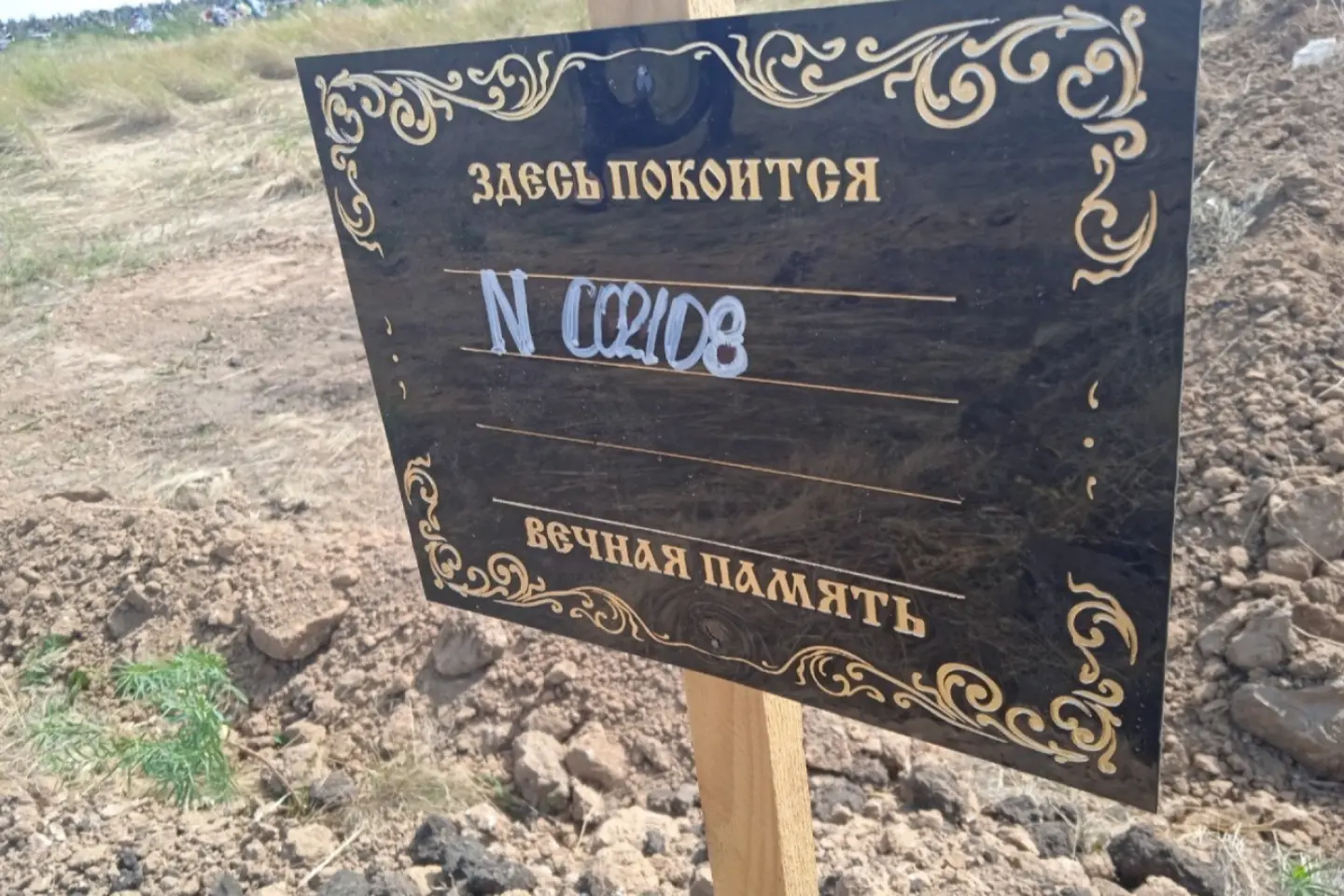
Teenagers and young men in the Russian-occupied territories have been killed or handed long prison sentences for expressing their support for Ukraine. Ukrainian journalists Inna Kubai and Victoria Novikova have documented* several of these cases, which Veridica brings to your attention.
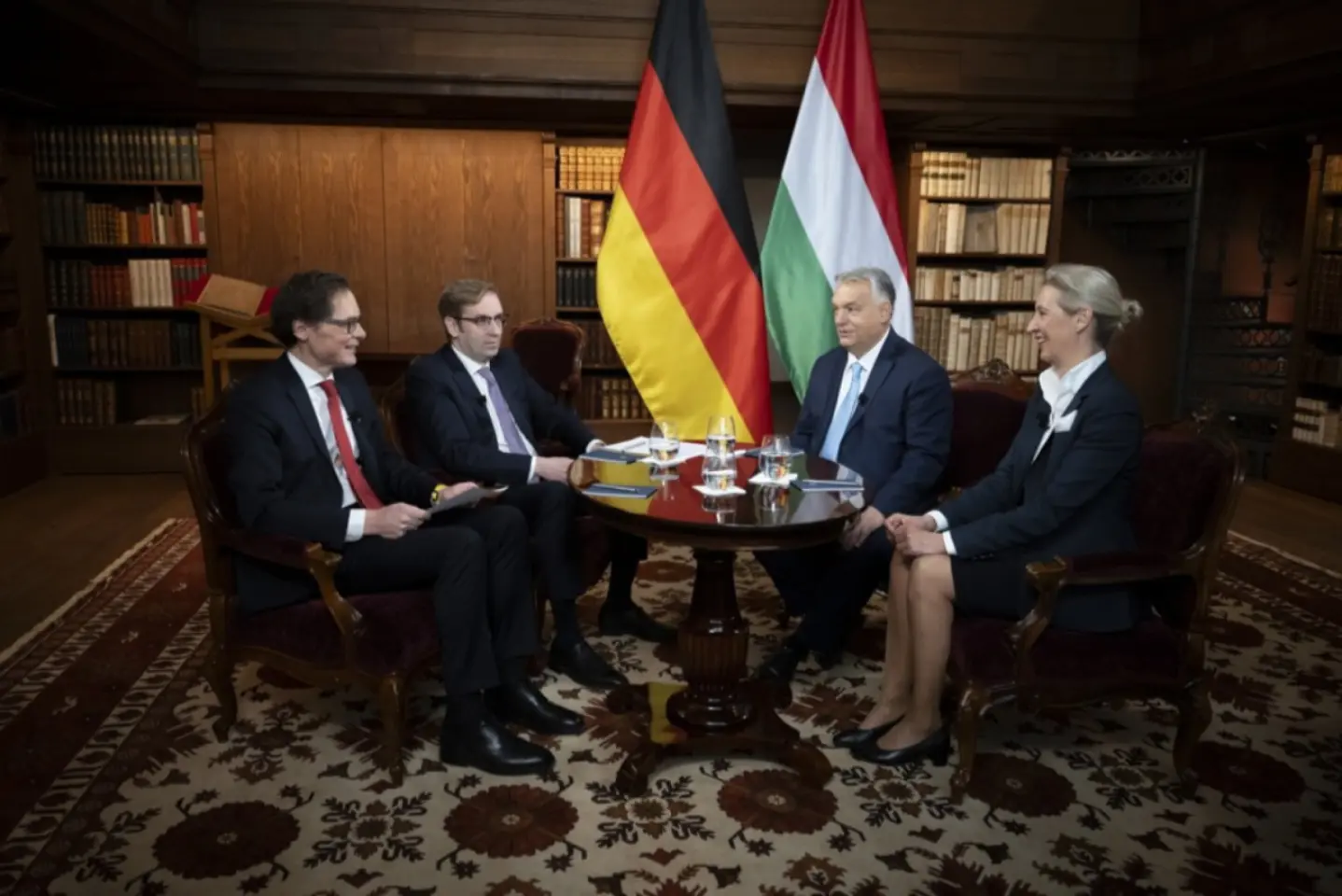
Viktor Orbán's ideology is promoted in Brussels at events organized by Mathias Corvinus Collegium, a university generously funded by the Budapest government.
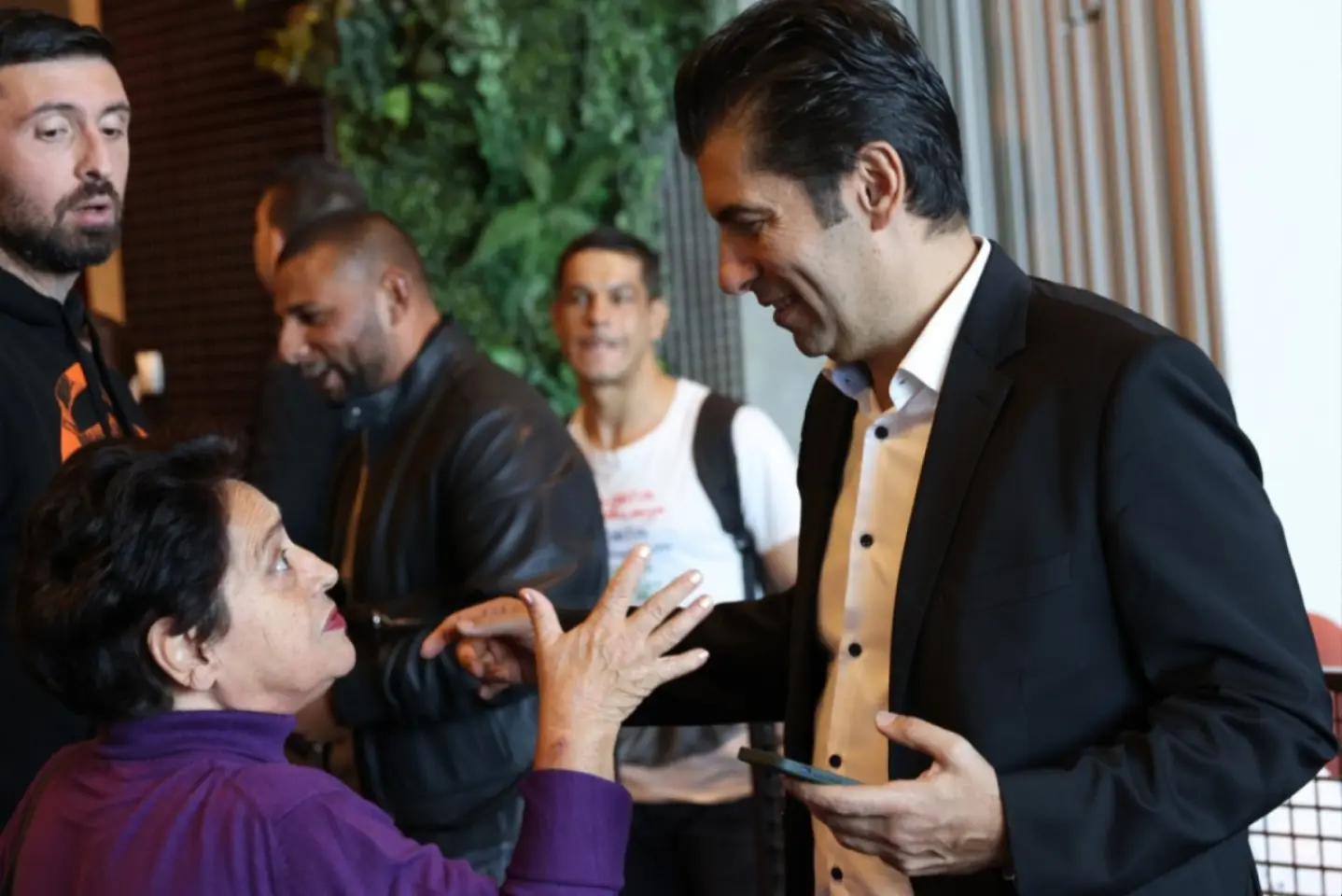
A corruption scandal is threatening to throw into irrelevance Bulgaria’s main pro-European reformist party. If that happens, the pro-Russians extremists would become the only alternative to the current ruling coalition.
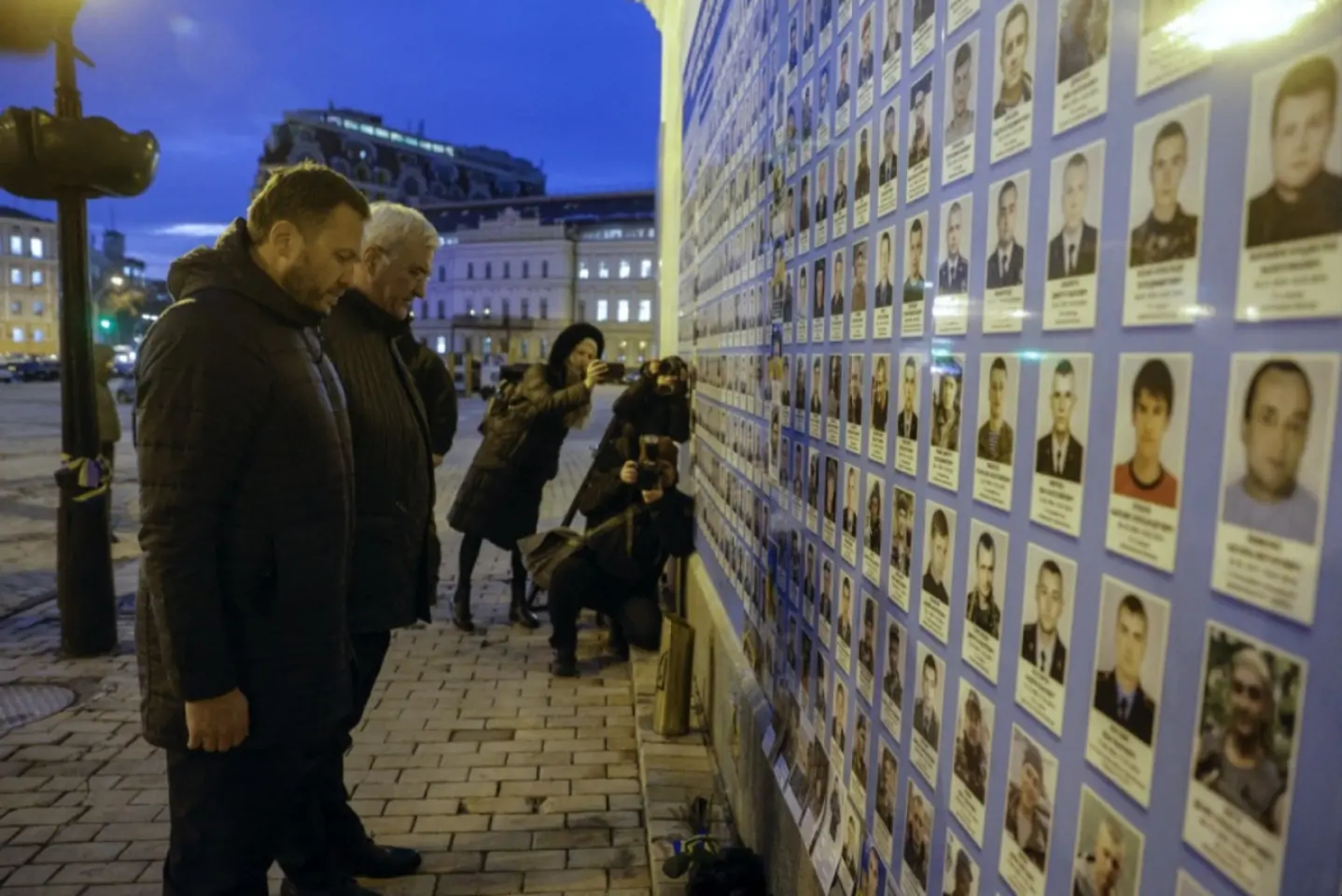
A study commissioned by the Estonian Ministry of Foreign Affairs in the spring revealed that the views of Estonian and Russian-speaking residents diverge significantly on most key issues of Estonia's foreign policy.
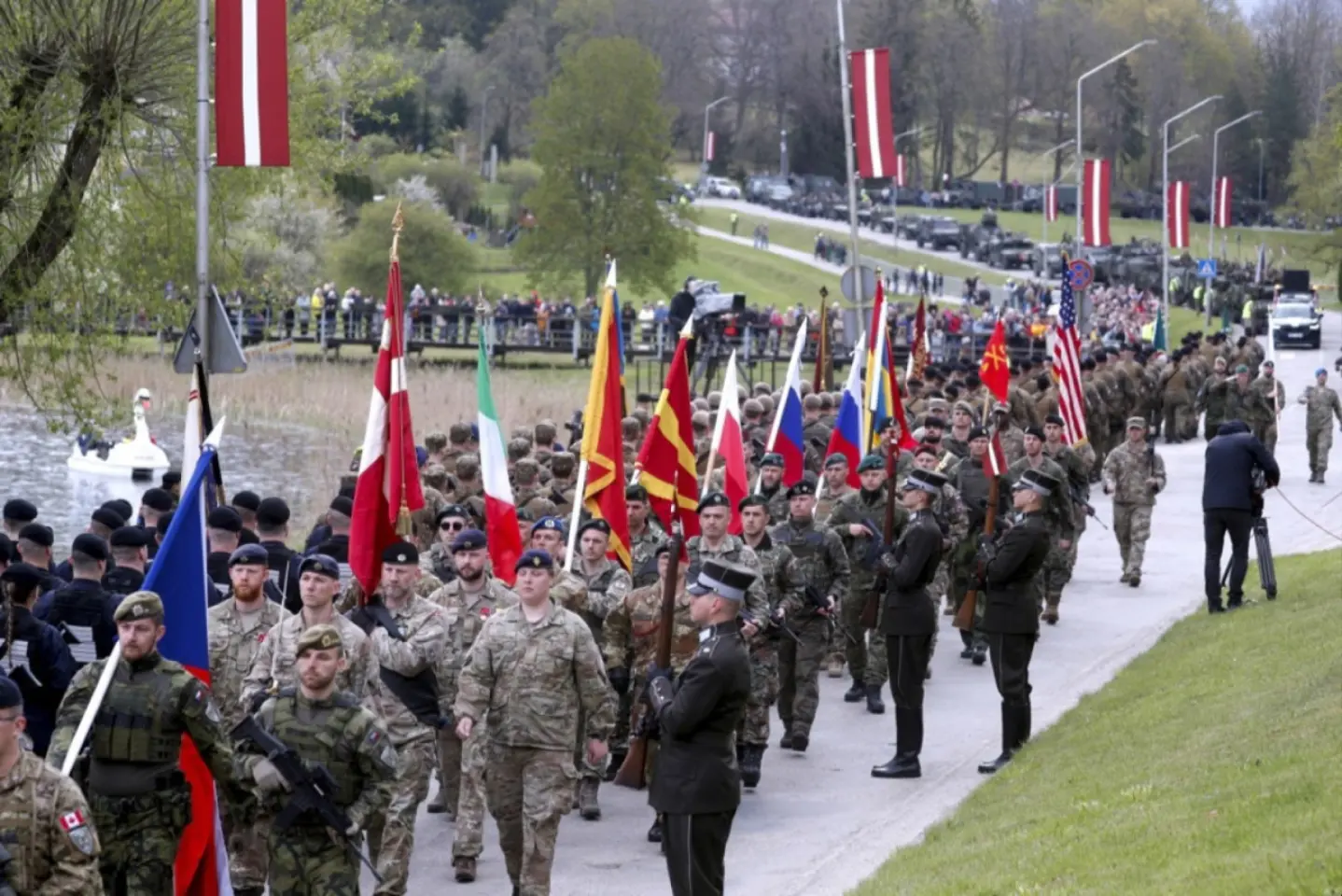
Given the vulnerability of the Baltic states to a Russian attack, there are growing calls that they should have a common defense, in order to more effectively supplement NATO’s assistance.
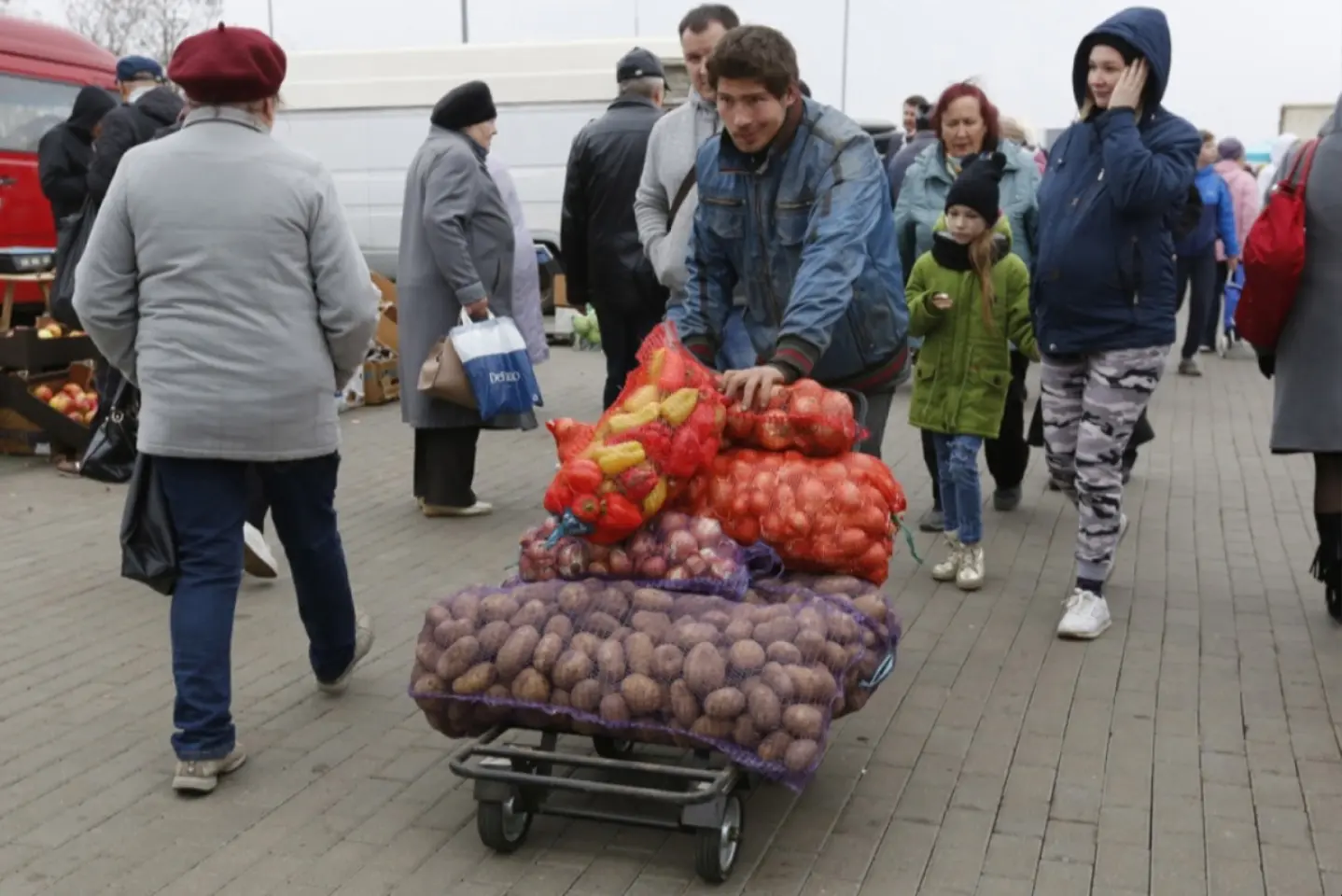
A crisis in potatoes, which are a staple food in Belarus, is showing the failure of the economic model imposed by dictator Aleksandr Lukashenko.
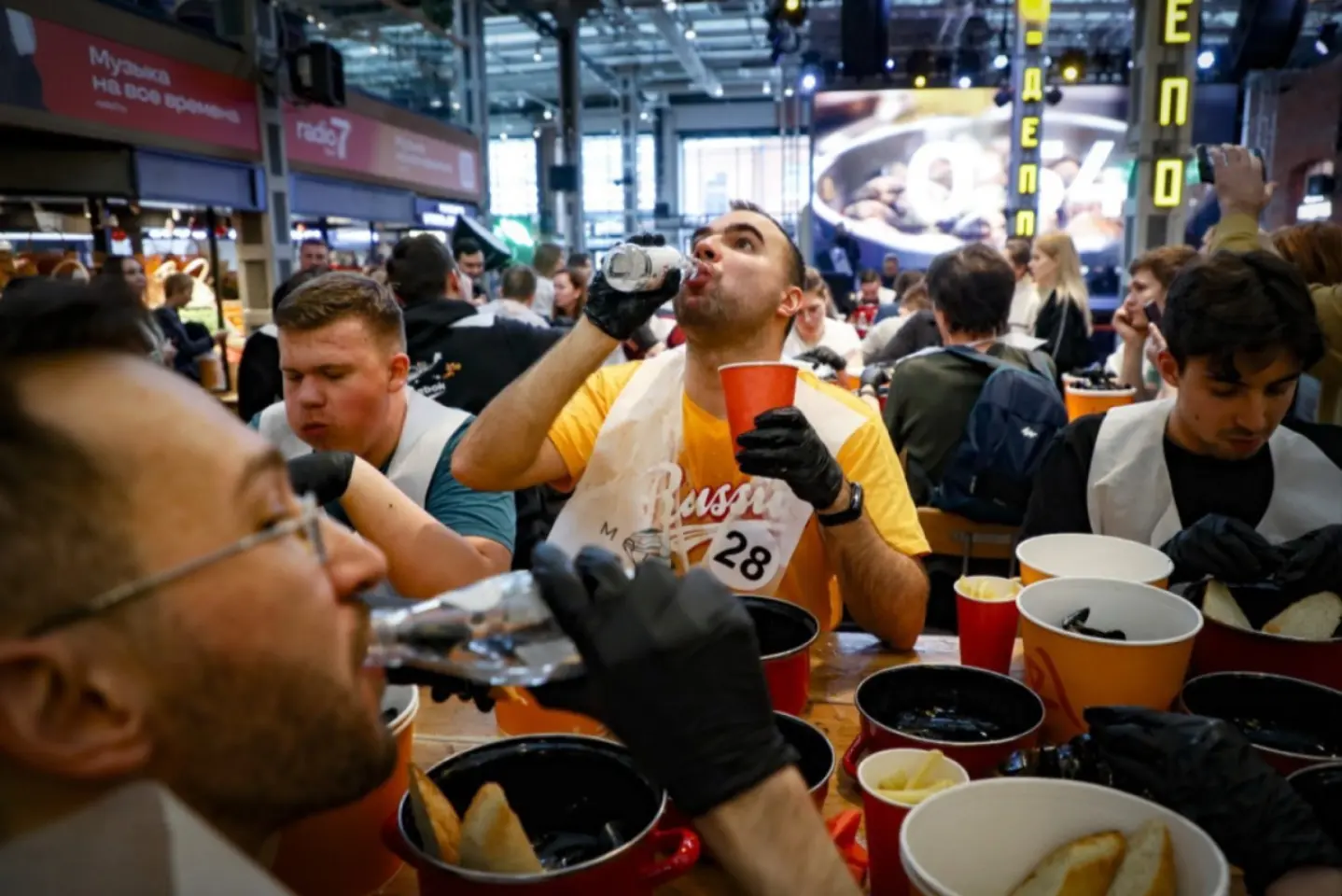
For many it is a coping mechanism, in some cases it reflects newfound war-related income, in others a switch away from big spending.
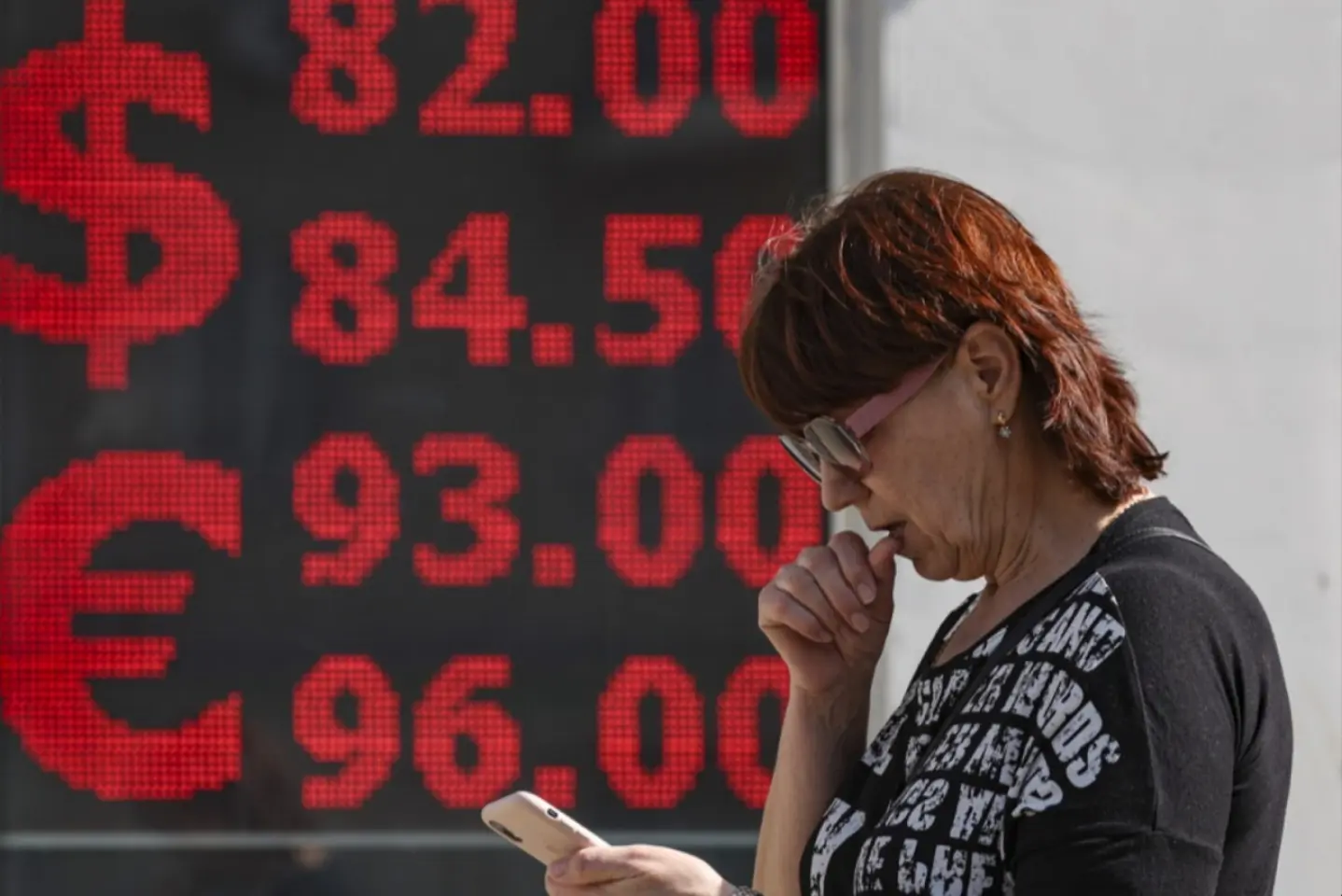
Behind the polished facade of Moscow and official statistics lies a federation increasingly fractured—socially, economically, and politically.
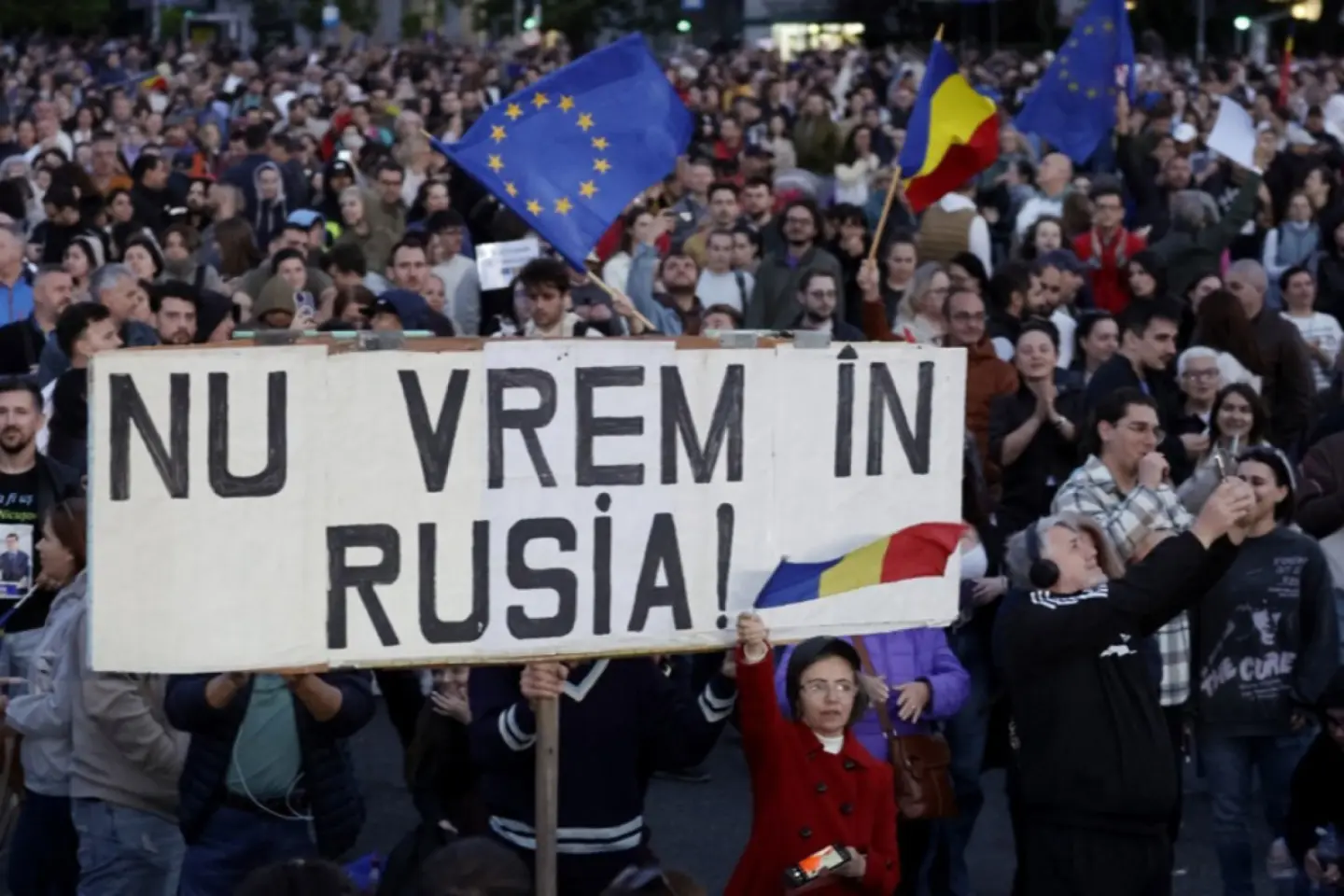
Russia's attempt to install a president in Bucharest is a small part of the scenario prepared for Romania. In the long term, Moscow aims to culturally "reprogram" Romanians - through disinformation - so that they abandon the West and choose the "Russian world".
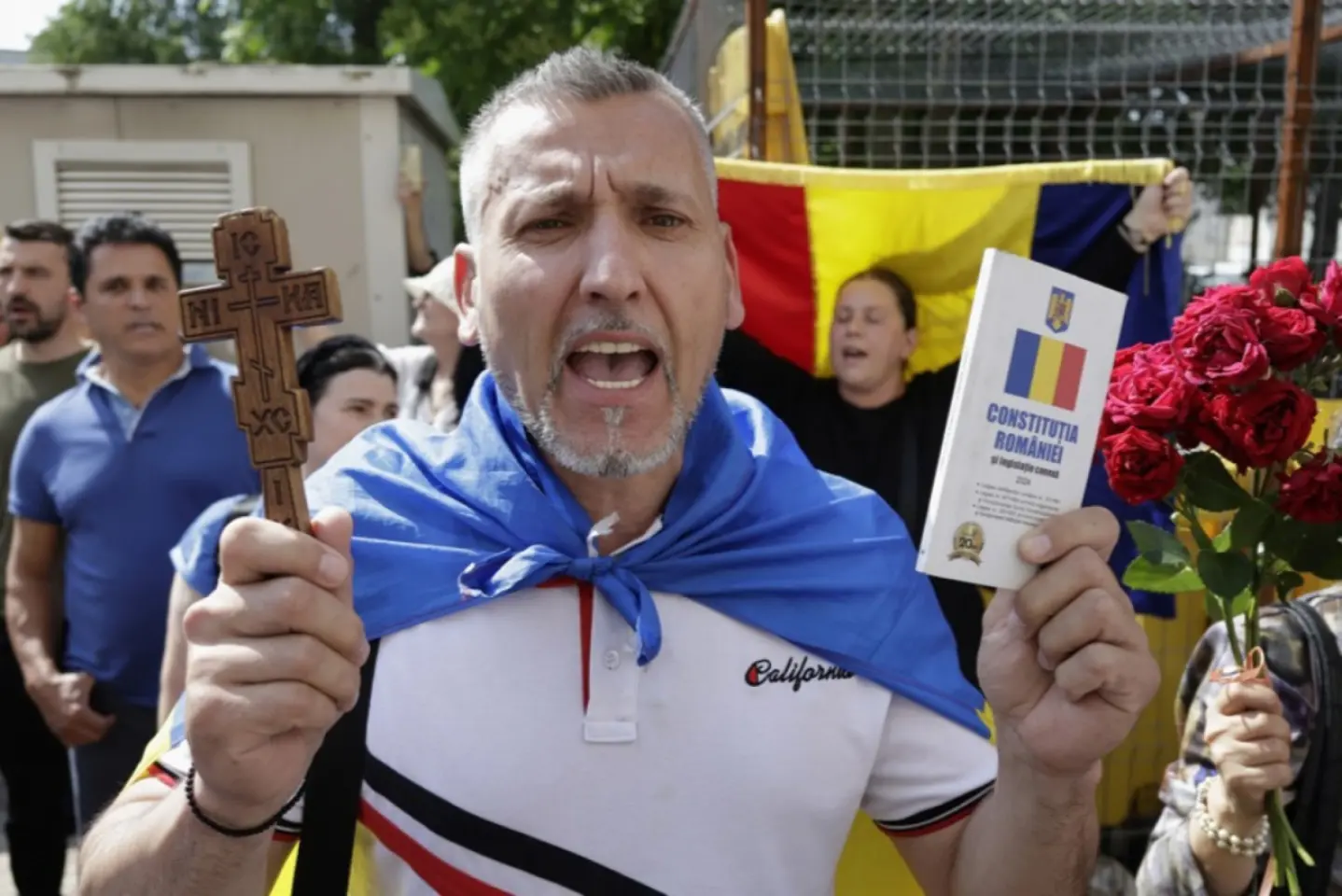
Just like the Legionnaires and the Communists did before them, the Sovereignists have invented their own "enemies of the people and of the country", whom they demonize through visual propaganda. The targets include the EU, Ukraine, Soros, CCR, LGBTQ+, Nicușor Dan and Mugur Isărescu.
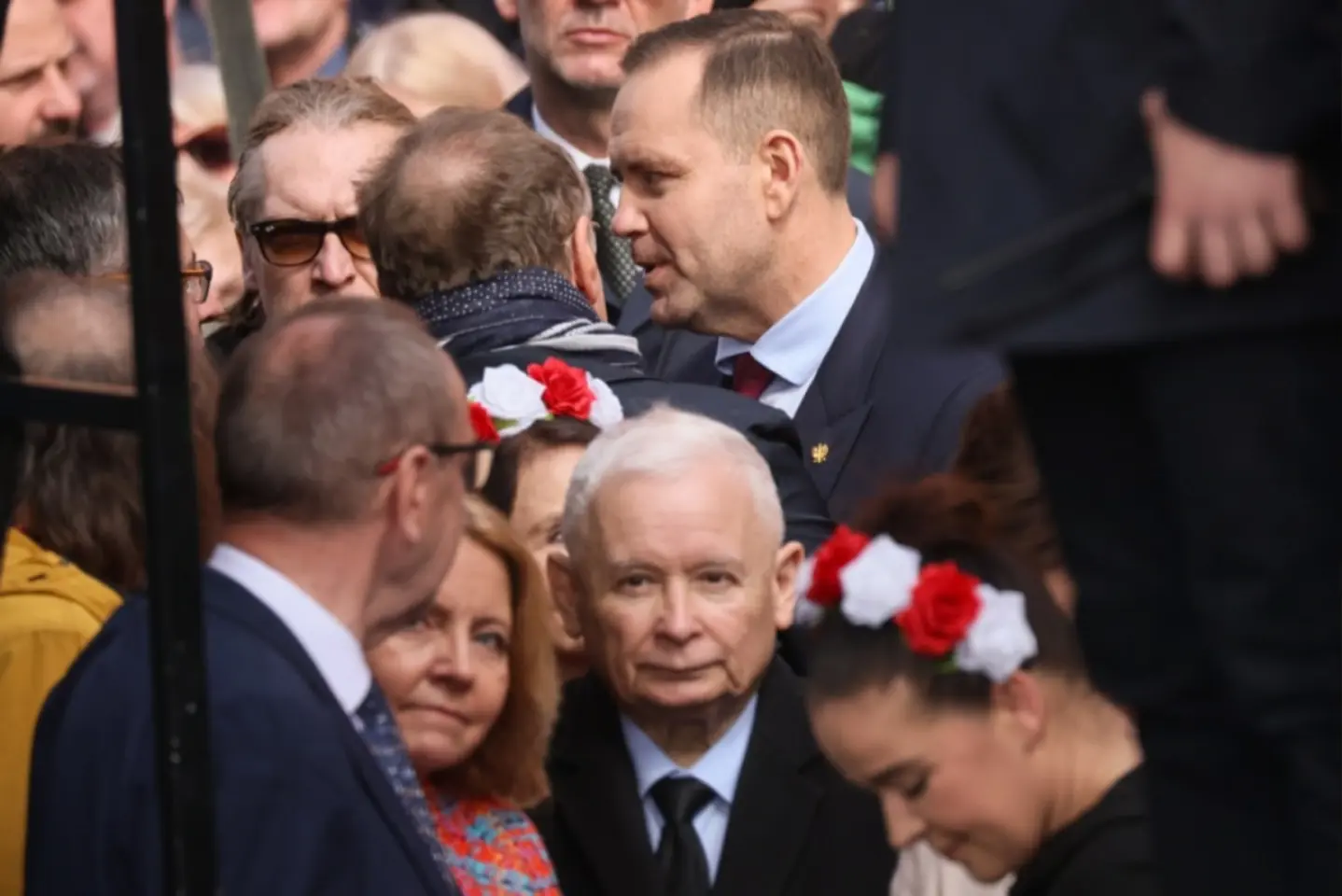
Karol Nawrocki victory in Poland’s presidential election is a coup for PiS leader, Jarosław Kaczyński. Nawrocki’s mission now would be to paralyze Donald Tusk’s pro-EU government.
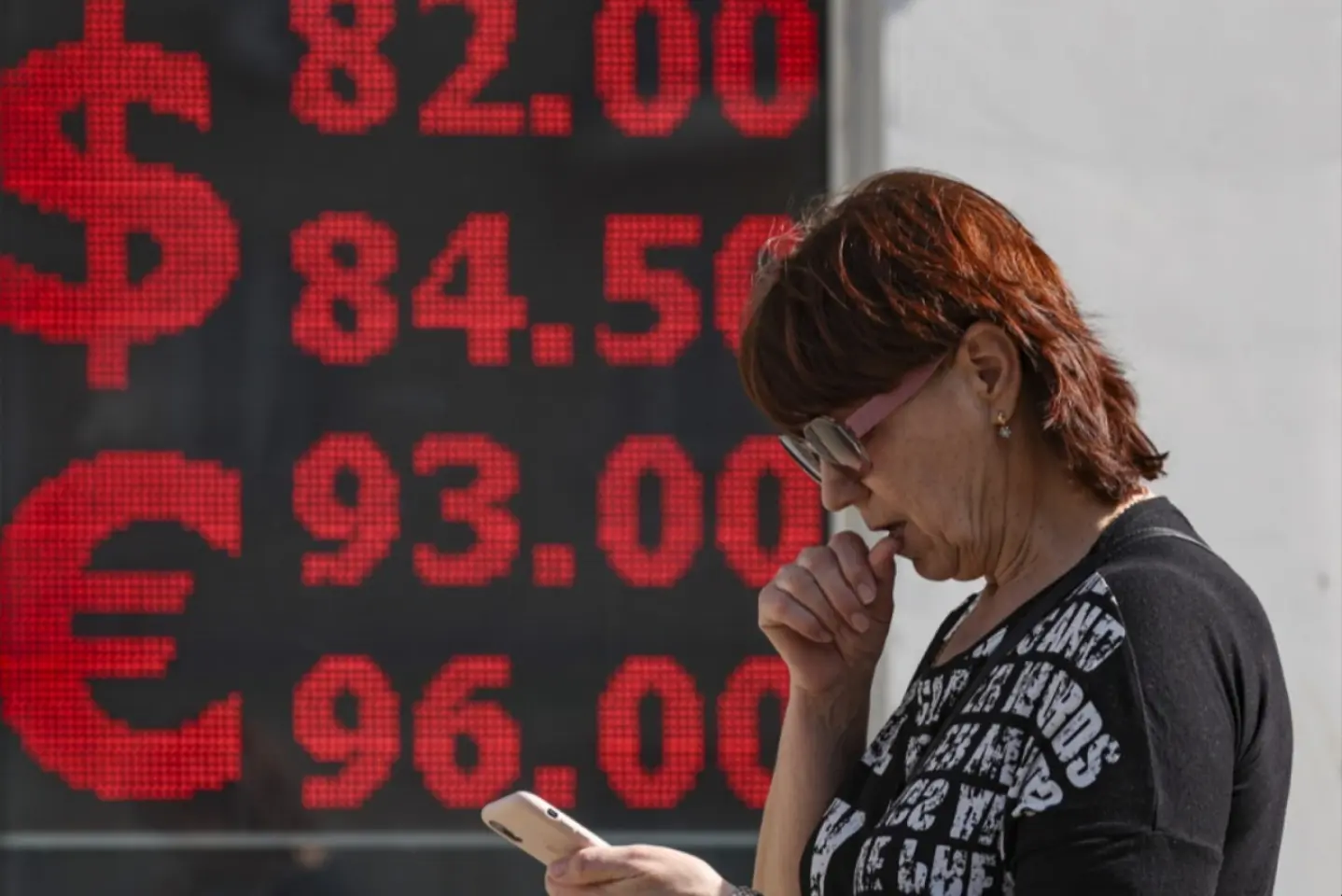
Russia’s economy is not yet a wartime economy – but it is drifting dangerously close. Whether it crosses the threshold will depend not just on military needs, but on the political will to sacrifice economic interests for geopolitical ambitions. So far, Moscow has tried to avoid making that choice. But the clock is ticking.
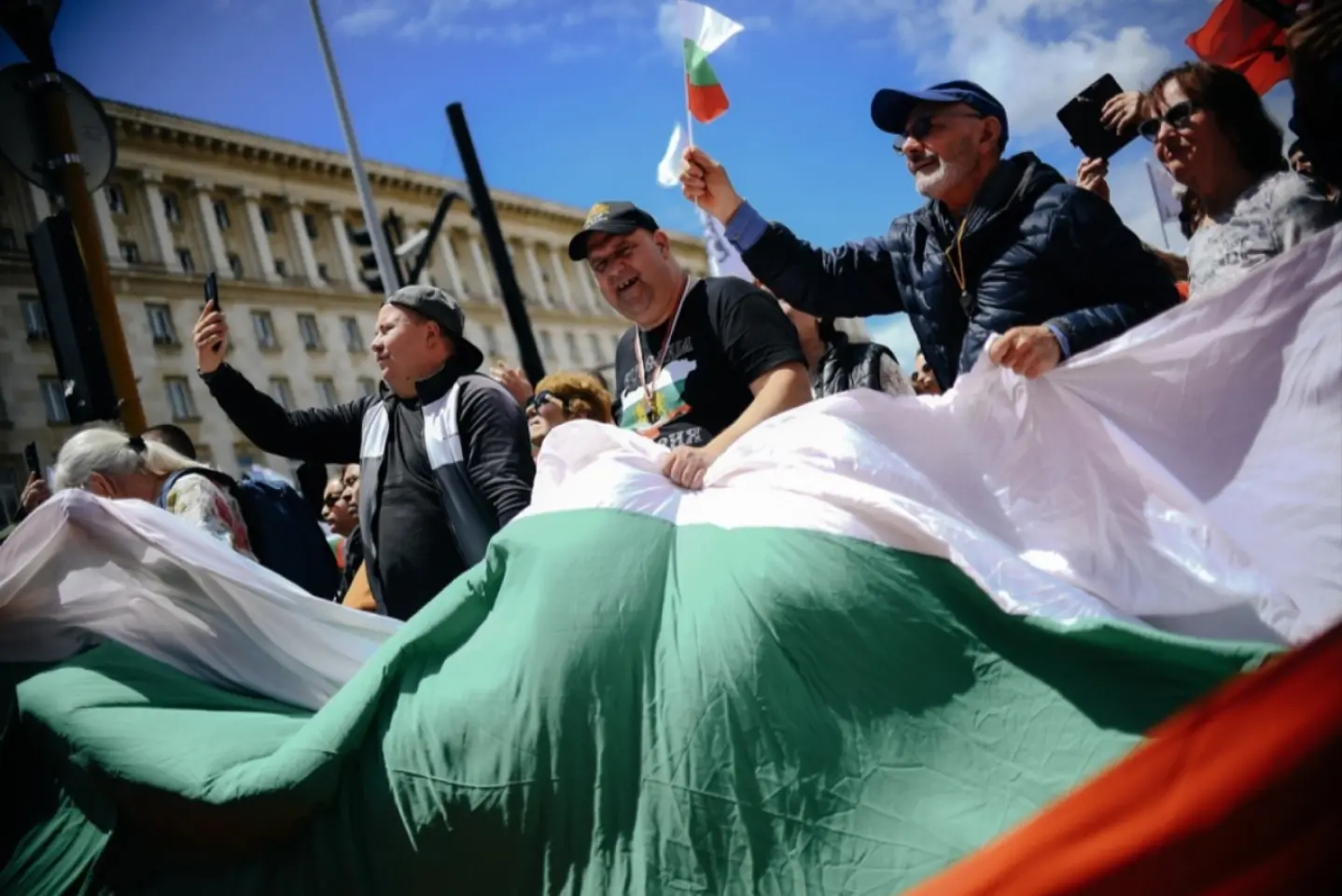
A vigorous campaign against the adoption of the Euro, the normalization of anti-LGBT discourse, and a campaign for religion in schools have recently raised tensions in Bulgaria, in a period that was also marked by the trial and conviction in the UK of six Bulgarians who spied for Russia and claimed to have connections at the top of the Bulgarian state.
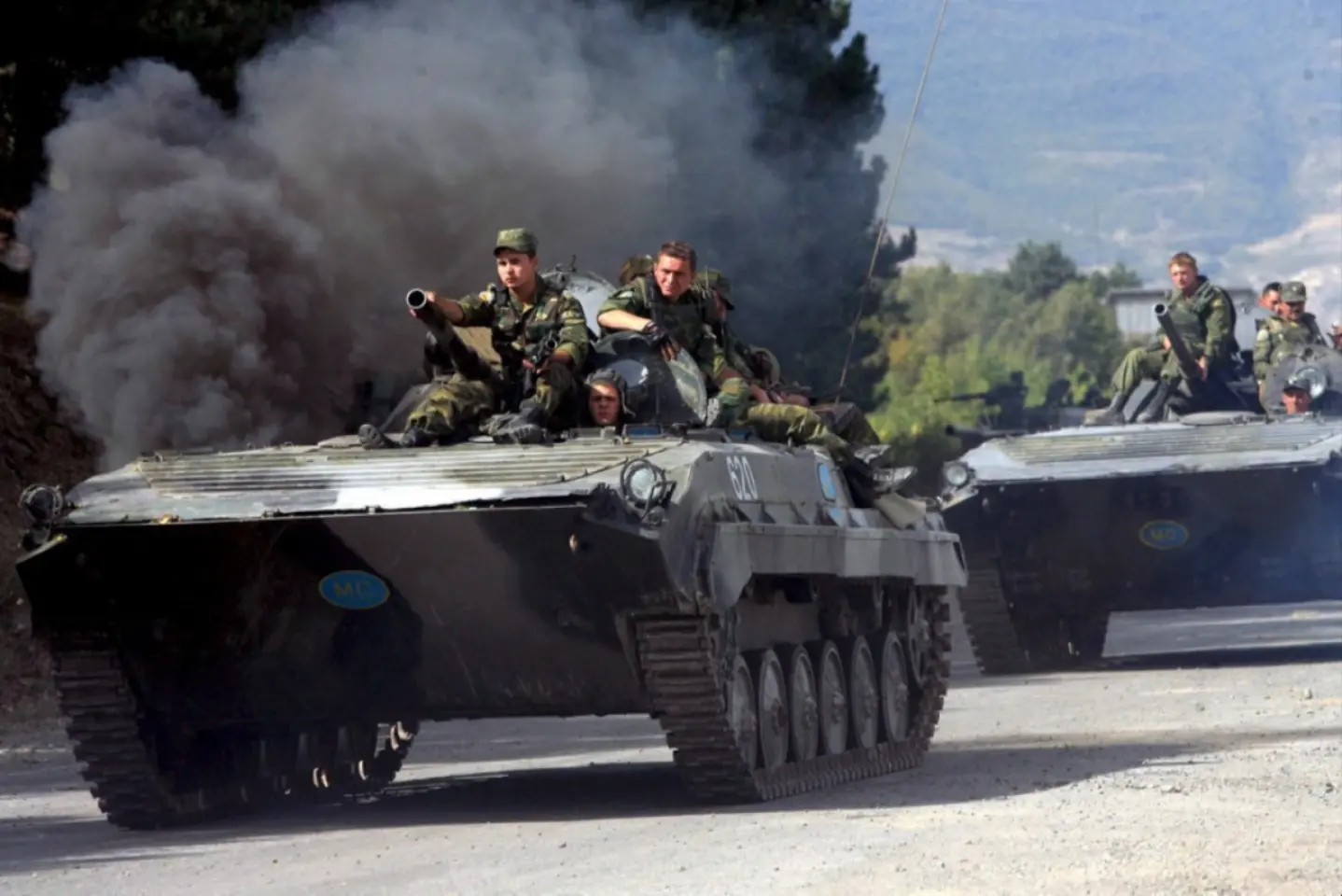
Amid a meltdown of relations with the EU and the US, the ruling Georgian Dream is blaming the country’s former rulers for the 2008 war. The move is also seen as an attempt to eliminate the pro-European opposition.
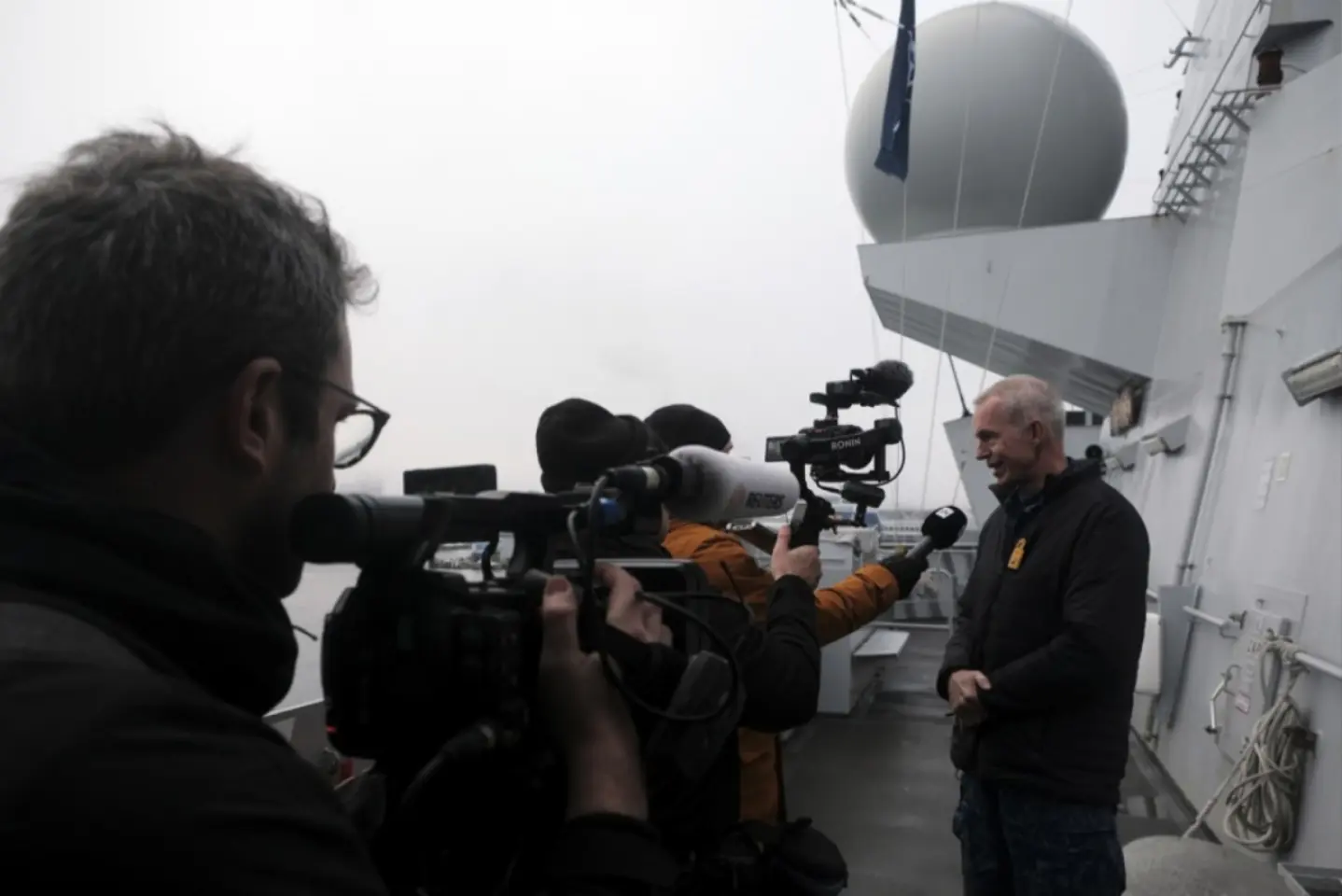
While Estonia leads in the press freedom ranking, Russian propagandists claim that Russian-language journalism is going through hard times in this Baltic country. However, the journalists themselves disagree with this assessment.
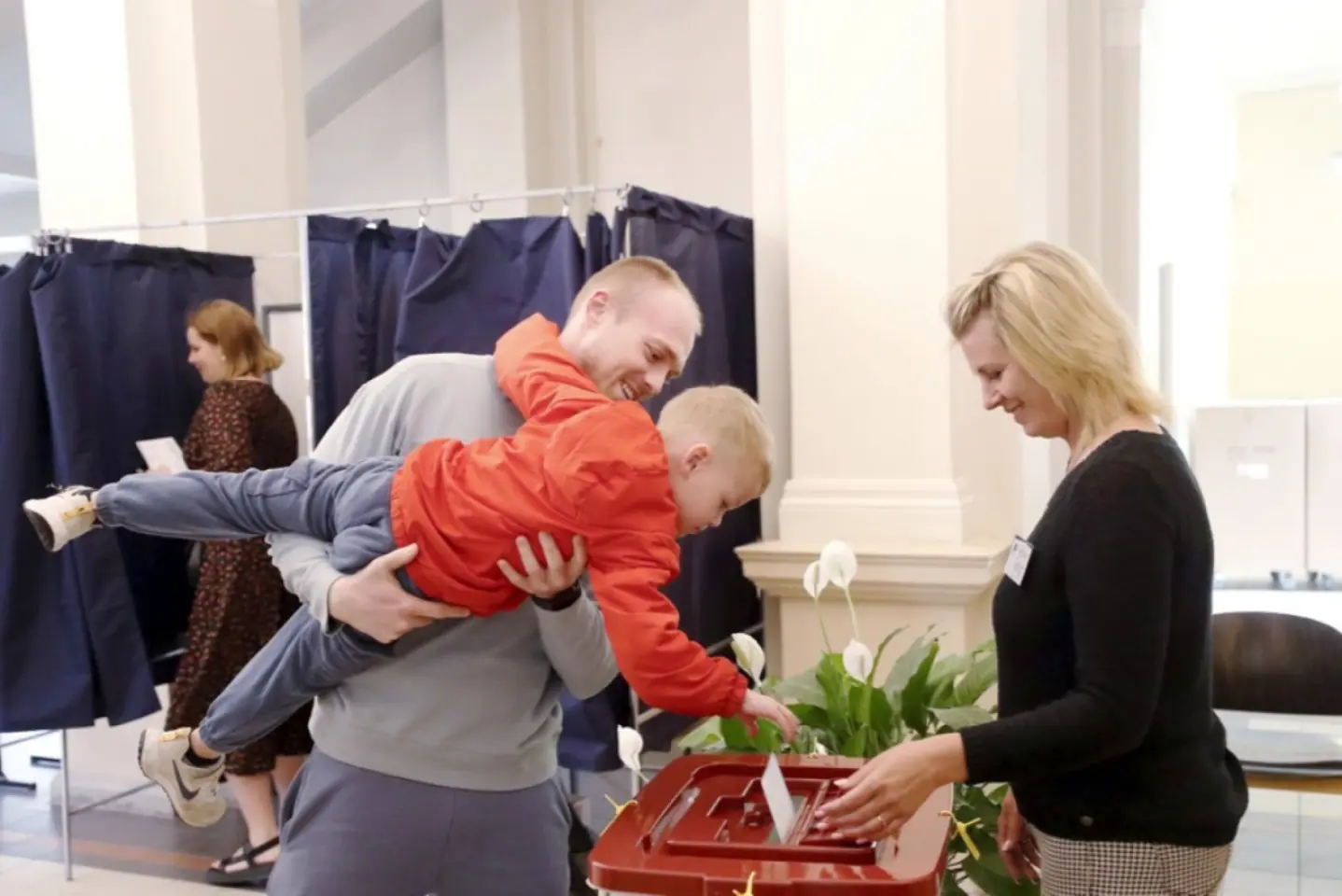
Politicians with pro-Russian – or at least ambiguous stands – and a strongman profile are frontrunners for the coming elections in Latvia’s three main cities. Will this trend go national?

The PKK is giving up armed struggle, but wants recognition of the Kurdish minority. If Erdoğan accepts, Turkey can save its democracy and resume rapprochement with the EU, and the change in policy would also have regional implications.

Can a pro-European candidate still prevail in a country steadily turning to the nationalist right?

In the short term, Western sanctions have disrupted supply chains and commercial operations. In the long term, they are accelerating Russia's technological decline and external dependence.

While politicians in Chisinau have noted the deep ties between the two Romanian states, experts also see the vote as a sign of Moldovans' concern for their own security and interest in maintaining their country's European path.

By electing Nicușor Dan, Romania has scored an image-boost coup in Brussels and, at the same time, created expectations that are very difficult to satisfy. The potential benefits, but also the responsibility that befalls our country, are great.

The political evolution of (Neo)Legionarism, from pocket political parties, such as those created by Marian Munteanu, to organizations like The New Right (Noua Dreaptă) – the connecting link between (Neo)Legionarism and sovereigntism – and politicians who frequently make the front page, such as George Simion, Călin Georgescu and Diana Șoșoacă.

The Legionary movement re-emerged in Romania shortly after the 1989 Revolution. Some legionary theses and ideas can be identified in the discourse of present-day sovereignists. Veridica briefly traces the development of the (neo)legionary movement in post-communist Romania, under the authorities’ permissive eye.

George Simion made a name for himself as an anti-establishment activist and a militant for the unification of Romania and the Republic of Moldova, first with “Noii Golani” (The New Rascals), then with “Acțiunea 2012” (Action 2012). His collaborators from back then claim that the leader of AUR manipulated and lied to them in order to achieve his goals. They accuse Simion of violence, using minors and the destruction of the unionist movement. Others say that he would disappear for days, only to return with ready-made plans for future actions.

George Simion wants to take over the MAGA image, and his good score in the presidential election has brought him to the attention of European extremists. However, a sovereignist policy would spell economic costs and political isolation for Romania.

Romanians in the Republic of Moldova overwhelmingly voted for Nicușor Dan, even though the ruling party, PAS, supported Crin Antonescu. Directly threatened by Moscow, the Moldovans rejected George Simion who, although he declared himself a unionist, is perceived as pro-Russian across the Prut. On the other hand, George Simion got most of the votes of the Romanian diaspora in Europe, which until recently preferred candidates and parties defined as pro-European and reformist.

Fighting off Russia’ hybrid attacks, Moldova needs a good relationship with Romania. However, several presidential candidates have promoted a sovereignist, even pro-Russian discourse, and one of them was declared persona non grata in the Republic of Moldova.

Networks of Facebook accounts, followed by millions of Romanians, simultaneously promote messages containing sovereignist and anti-EU themes. The messages are also featured on “apolitical” pages publishing mundane or religious content. Networks that promote the same messages were identified in a comprehensive online study.

Recep Tayyip Erdoğan's efforts to consolidate his power at home, as well as his foreign policy, have led to both the erosion of his regime and the deterioration of Turkey's relations with its traditional partners.

Amid the anti-corruption movement, Serb students travelled across Europe to make their demands known. They’ve also called for an investigation into the use of a sonic weapon against protesters.

Russia’s full-scale invasion of Ukraine has become a kind of test of loyalty to Latvia for Latvian cultural and sports stars. Those who have “flirted” or even collaborated with Russia have fallen out of favor.

Ukraine and the USA could soon sign an agreement regarding Ukraine’s mineral resources, especially rare earths. However, it is unclear how large the deposits are, and a significant part of them are located in areas occupied by the Russians.